The dream of becoming a dentist has captivated countless students across India, but the pathway to dental education often seems shrouded in confusion and uncertainty. With the National Eligibility cum Entrance Test (NEET) becoming the primary gateway for medical and dental admissions, many aspiring dental professionals wonder if there are alternative routes to secure a seat in Bachelor of Dental Surgery (BDS) programs. This comprehensive guide explores the reality behind BDS admission without NEET and unveils the truth about available pathways in contemporary Indian education.
The Current Landscape of Dental Education in India
The Indian dental education system has undergone significant transformations over the past decade. Previously, students could pursue BDS courses through various state-level entrance examinations, management quota seats, and direct admissions. However, the educational landscape shifted dramatically when NEET became mandatory for most medical and dental programs across the country.
Today's dental admission process is primarily centralized through NEET, which serves as the unified entrance examination for undergraduate medical and dental courses. This standardization aimed to eliminate corruption, ensure merit-based selections, and maintain educational quality across institutions. The Dental Council of India (DCI) and National Medical Commission oversee these regulations, ensuring compliance across all recognized dental colleges.
The integration of NEET into dental admissions has created both opportunities and challenges. While it has streamlined the admission process and reduced the burden of multiple entrance exams on students, it has also eliminated many alternative pathways that previously existed for aspiring dental professionals.
Understanding NEET Requirements for BDS
NEET eligibility criteria for BDS programs align with general medical entrance requirements. Candidates must have completed their higher secondary education with Physics, Chemistry, and Biology as core subjects, maintaining minimum percentage requirements as specified by regulatory authorities. The examination tests students' knowledge across these three scientific disciplines, with Biology carrying the highest weightage.
The NEET scoring system plays a crucial role in determining admission prospects. Dental colleges typically have lower cutoff scores compared to medical colleges, making BDS seats more accessible to students with moderate NEET performance. However, the competition remains intense, with thousands of qualified candidates vying for limited seats in government and private dental institutions.
NEET counseling procedures involve multiple rounds where students can choose their preferred colleges and courses based on their ranks and available seats. The All India Quota and State Quota systems distribute seats fairly across different categories, ensuring equitable access to dental education opportunities.
Exploring Alternative Pathways to BDS
While NEET dominates the admission landscape, certain alternative routes for dental education still exist, though they are increasingly limited. Private dental colleges may offer management quota seats with relaxed NEET score requirements, though these typically involve higher fee structures and specific institutional criteria.
Foreign dental universities present another avenue for students seeking BDS admission without NEET. Countries like Ukraine, Russia, Philippines, and several Eastern European nations offer dental programs taught in English, with admission processes independent of Indian entrance examinations. These programs often provide globally recognized degrees and may offer more affordable education compared to private Indian institutions.
State-specific regulations occasionally create exceptions to NEET requirements. Some states have attempted to implement their own entrance examinations or admission criteria, though these efforts often face legal challenges and regulatory scrutiny. Students should carefully research current state policies, as these can change frequently based on court decisions and policy updates.
Lateral entry programs and transfer opportunities may occasionally allow students to join BDS courses from related fields, though these pathways are rare and subject to strict institutional guidelines. Some colleges may consider students with prior experience in dental technology, nursing, or related healthcare fields for advanced placement.
Private College Admissions and Management Quotas
Private dental institutions often maintain flexibility in their admission processes while still adhering to basic NEET requirements. These colleges may accept students with lower NEET scores through management quotas or institutional preferences. The admission process typically involves direct applications to colleges, interviews, and fee negotiations.
Management quota admissions require students to meet minimum NEET qualification criteria but may not demand high competitive scores. These seats often come with premium fee structures, making them accessible primarily to students from affluent backgrounds. The selection process may include personal interviews, academic record evaluations, and sometimes entrance tests conducted by individual institutions.
Donation-based admissions represent another category within private college systems, though these practices face increasing scrutiny from regulatory authorities. Students and parents should exercise caution and ensure any admission process complies with legal requirements and institutional accreditation standards.
The fee structure for private BDS colleges varies significantly across institutions and regions. While these colleges may offer easier admission pathways, the financial investment can be substantial, often ranging from several lakhs to over a crore for the complete program duration.
International Dental Education Opportunities
Studying dentistry abroad has become an increasingly popular option for Indian students seeking alternatives to competitive domestic admissions. Foreign dental universities often offer direct admissions based on high school academic performance, eliminating the need for NEET qualification.
Countries popular for dental education include Ukraine, Russia, Philippines, Georgia, and several others that maintain educational agreements with Indian regulatory bodies. These programs typically span five to six years and include clinical training components that prepare students for professional practice.
Recognition and validation of foreign dental degrees require careful consideration. Students must ensure their chosen university and program receive recognition from the Dental Council of India and other relevant authorities. The Foreign Medical Graduate Examination (FMGE) or similar qualifying tests may be required for practice rights in India after completing international dental education.
Cost considerations for international dental education often prove favorable compared to private Indian colleges. Living expenses, tuition fees, and other associated costs in many foreign countries can be significantly lower than premium private institutions in India, making international education an economically viable option.
The Admission Process Explained
Direct college applications represent the primary alternative pathway for students seeking BDS admission without competitive NEET scores. This process involves researching eligible institutions, understanding their specific requirements, and submitting comprehensive application packages within designated timeframes.
Document preparation forms a crucial component of the admission process. Students need academic transcripts, NEET scorecards (even if not competitive), identity proofs, medical certificates, and various other supporting documents. Each institution may have specific documentation requirements that applicants must fulfill meticulously.
Application submission procedures vary across different colleges and admission categories. Some institutions prefer online applications through dedicated portals, while others may require physical submission of documents. Understanding each college's preferred application method ensures timely and accurate submission.
Interview and counseling sessions often form part of the selection process for management quota and private college admissions. These interactions allow colleges to assess candidates beyond academic performance, evaluating communication skills, motivation, and suitability for dental careers.
Financial planning and fee payment require careful consideration and preparation. Many colleges demand initial deposits or full fee payments during admission confirmation, necessitating advance financial arrangements. Students should understand payment schedules, refund policies, and additional cost implications.
Final admission confirmation involves completing all procedural requirements, submitting required documents, and fulfilling financial obligations. Students must ensure they understand all terms and conditions associated with their admission to avoid future complications.
Legal and Regulatory Considerations
Current legal framework governing dental admissions emphasizes NEET as the primary entrance mechanism. Various court rulings and regulatory decisions have reinforced this requirement, limiting alternative admission pathways. Students should stay informed about evolving legal positions that may affect their admission strategies.
Regulatory compliance remains essential for any admission pathway chosen by students. Institutions offering alternatives to NEET must maintain proper accreditation and authorization from relevant authorities. Students should verify institutional credentials before committing to any admission process.
Future policy implications may further restrict or expand alternative admission pathways. Educational policy changes, regulatory updates, and judicial decisions can significantly impact available options. Staying informed about policy developments helps students make well-informed decisions about their educational futures.
Making Informed Decisions About Your Dental Career
Career planning for aspiring dental professionals requires realistic assessment of available pathways and personal circumstances. Students should evaluate their academic strengths, financial resources, and long-term career goals when considering different admission options.
Professional guidance from educational consultants, career counselors, and dental professionals can provide valuable insights into the most suitable pathways for individual circumstances. These experts can help navigate complex admission processes and identify viable alternatives.
Risk assessment involves understanding the implications of different admission pathways, including cost factors, time commitments, and future practice opportunities. Students should carefully weigh these considerations against their personal and professional objectives.
The journey toward dental education may seem challenging, but various pathways exist for determined students. While NEET remains the primary route, understanding alternative options empowers students to make informed decisions about their educational futures. Success in dental careers ultimately depends on dedication, continuous learning, and commitment to professional excellence, regardless of the admission pathway chosen.




.jpg-79334.jpg)
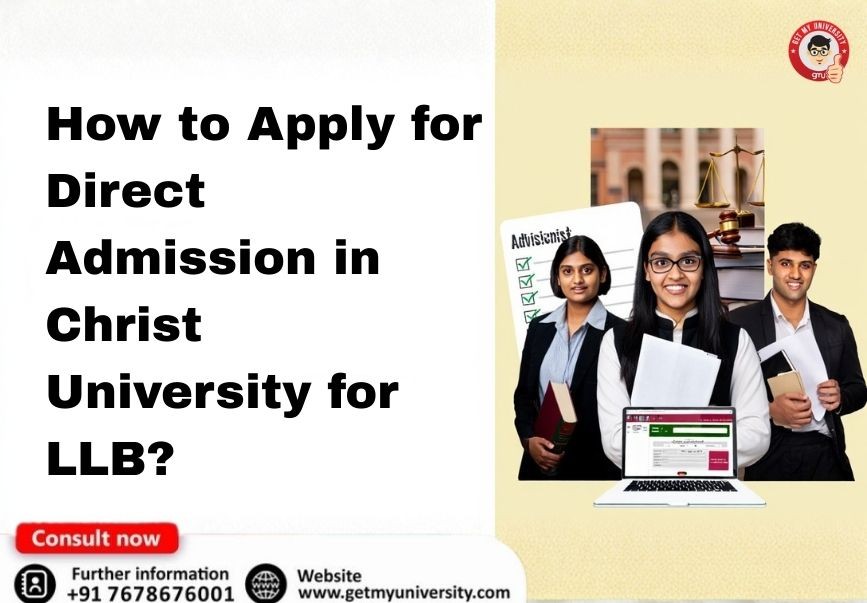
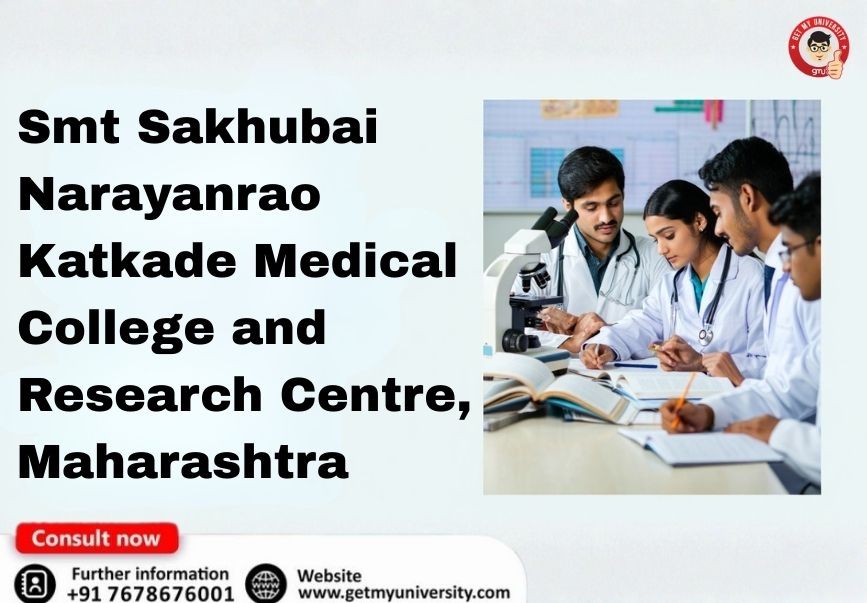

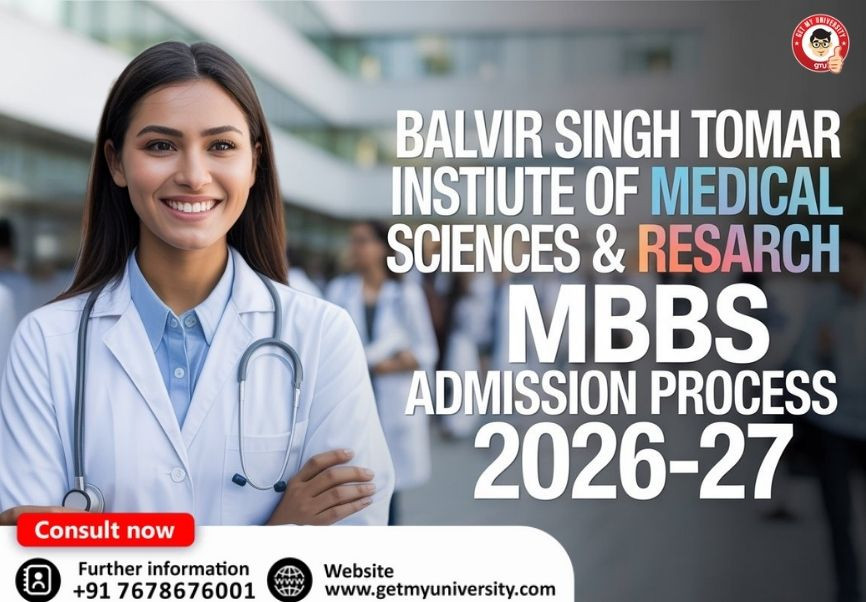
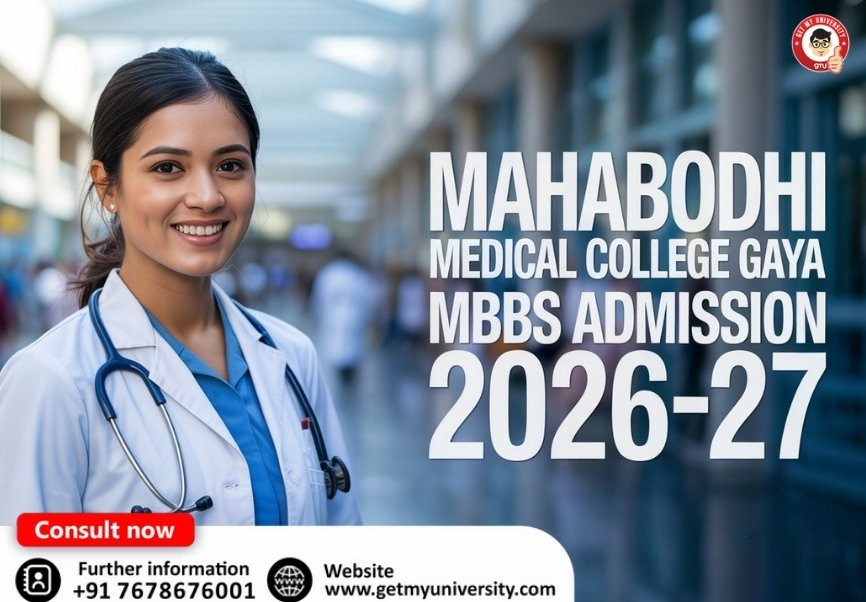
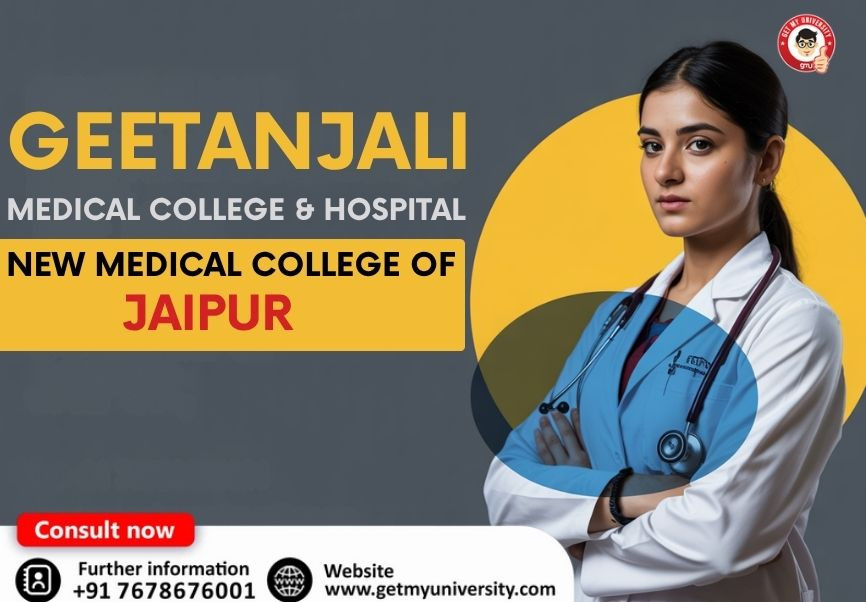
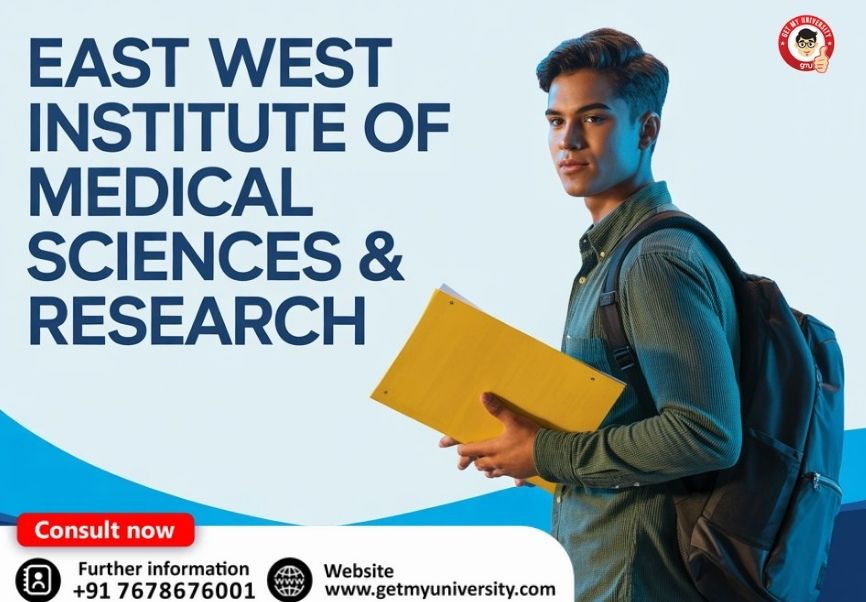
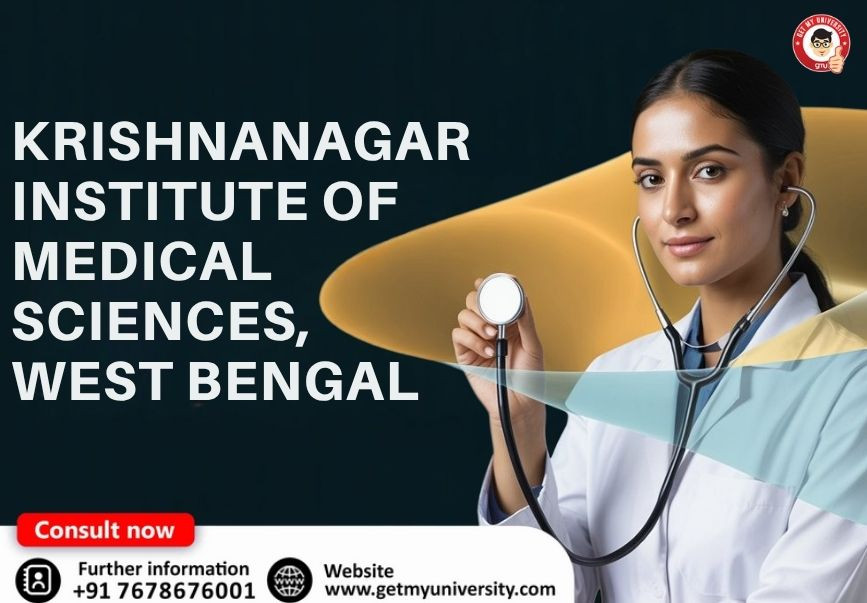


.jpg-12992.jpg)
